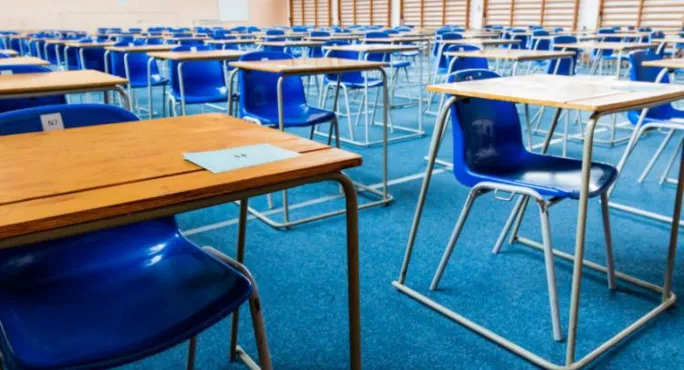As I walk the streets of Gent, where I am lecturing this week, on a beautiful Belgian day, children mill around on their way to school. There's no school uniform for them (at any age) and no testing regime (at least as we would recognise it) either.
It is interesting when talking to teachers in Belgium to hear about the extent of the autonomy present in every school and the trust given to every teacher.
How different from our own country, alas. We all know there is far too much control placed on every school via the many layers of accountability – not least of Ofsted standing over the system in a threatening way.
This inevitably leads to stagnation at every level. We have an education culture driven by an incessant need for data or statistics, which has led to the role of most senior managers being accessing this data and then massaging it into the latest format required by the powers that be.
Could there be a better way to alienate both the workforce and the clientele? I am doubtful.
When are we going to realise that teachers do not improve by having targets imposed on them? Teachers need freedom and time to both develop their skills and support their pupils' needs, and yet this is denied them.
In better education systems, it is the job of a head to create an "ethos" in which this is allowed to happen. But sadly heads are battered from so many directions that this is a rarity in the UK. Inevitably, this leads to the stifling of creativity as each school becomes a "clone school" creating similar children up and down the country. Exam robots, often.
Aged 4 and 5, children still arrive at schools buzzing with excitement: they have so many ideas. But quickly, oh so quickly, our education system starts to drive out pupils' creativity and individuality. And our children quickly stop demonstrating their individuality for fear of rejection or humiliation – even, dare we say it, bullying – because they are different.
Creativity is seeing things in new ways. In part, that is why I am in Gent at the moment. And we need our children to think differently, too. Instead, too often our core aim seems to be making children agree with us. A "good" pupil, it would seem, is one sitting still and conforming to the perceived norm.
Pupils in Belguim appear to have far more independence: they appear happy and enthusiastic and creativity is considered the key element in their education.
The question I am left asking myself is: are we in Britain destroying, or have we destroyed, the creativity in our system? Sadly I think the answer is yes.
Colin Harris has led a school in a deprived area of Portsmouth for more than two decades. His last two Ofsted reports were "outstanding" across all categories
To read more of Colin's articles, visit his back catalogue




